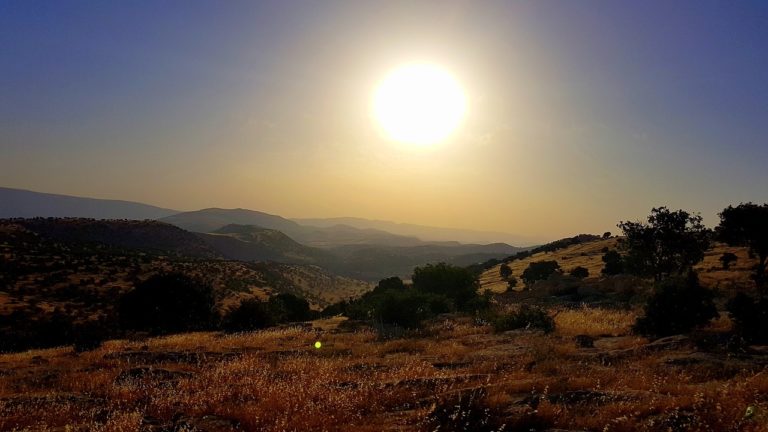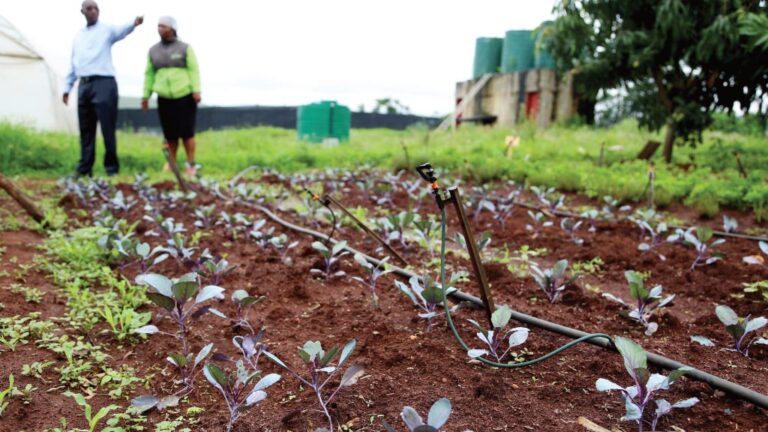
A demo plot for integrated farming established by Swaziland National Agricultural Marketing Board (NAMBOARD) in Manzini. Photo: Believe Nyakudjara, FAO in Southern Africa
Av: Carolina Yang
Innovation has been pinpointed as a crucial strategy to shift towards a sustainable food system in the EAT-Lancet Report released in January. Although agricultural innovation should not be limited to technology, it has without doubt had substantial impacts on our current food systems. Technology, however, is a double-edged sword, and should be properly evaluated prior to its application.
5 mars, 2019, Article, English, Magazine
Av: Silvia Ulloa
Can the effects of climate change be one of the factors that drives the creation of violent terrorist groups? There are examples from recent conflicts that point to the dangers of climate change extending to the possibility of armed conflict and terrorism. This threat is directly related to the negative effect that climate change has on individuals’ ability to earn a living, especially for people like farmers and fishermen that are dependent on the availability of natural resources.
19 december, 2018, English, Reportage
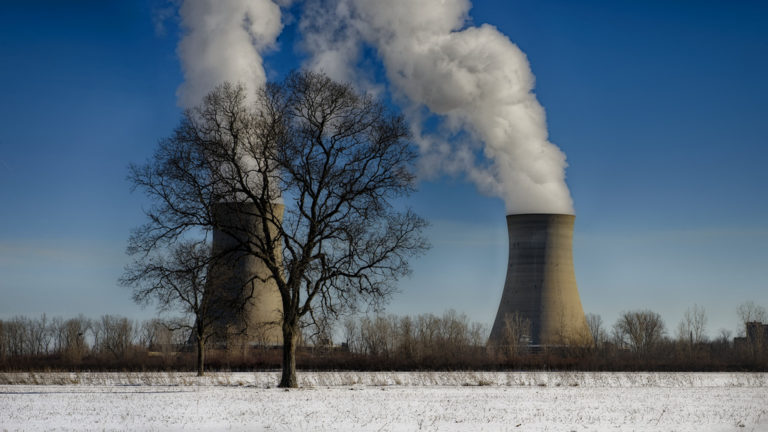
Regardless of the Paris Agreement, fossil-fuel power plants carry on to be built around the world and it is time for countries to step up and take charge of the change needed.
Foto: Mike Boening Photography, Flickr
Av: Sumudu Lankika Ginigathgala
Three years on from the Paris Agreement, the 1.5 degrees climate change goal feels uncertain for many people as global temperatures have already risen 1 degree above optimal temperatures. Global temperatures are currently predicted to reach 1.5 degrees between 2030-2052, with worsening conditions. But a recent report by the UN Intergovernmental Panel on Climate Change (IPCC) shows that it is possible to limit warming to 1.5ºC and to reach the goal by 2030.
19 december, 2018, English, Nyhet
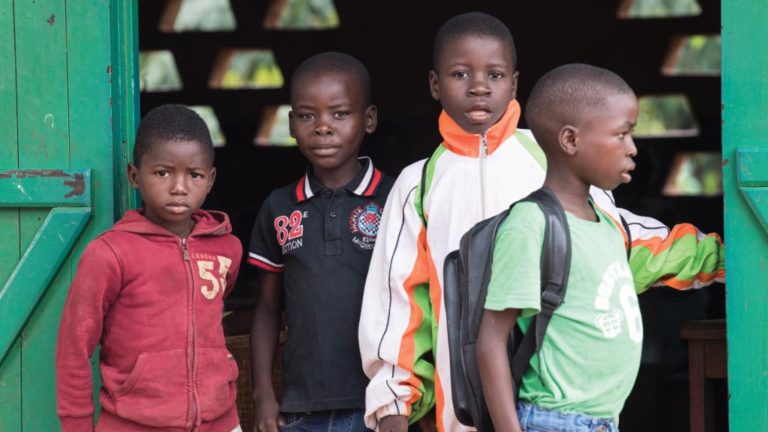
Schoolboys attend sensitization classes on sexual education at a school in Bangui, Central African Republic. The classes are meant to prevent gender-based violence. Photo: UN/Flickr.
Av: Siobhán Coskeran och Yvonne Jila
The fight against gender-based violence has often been cast as a women’s issue. However, successful programmes in Africa show the importance of engaging men and boys in the discussion.
10 december, 2018, English, Long read, Magazine
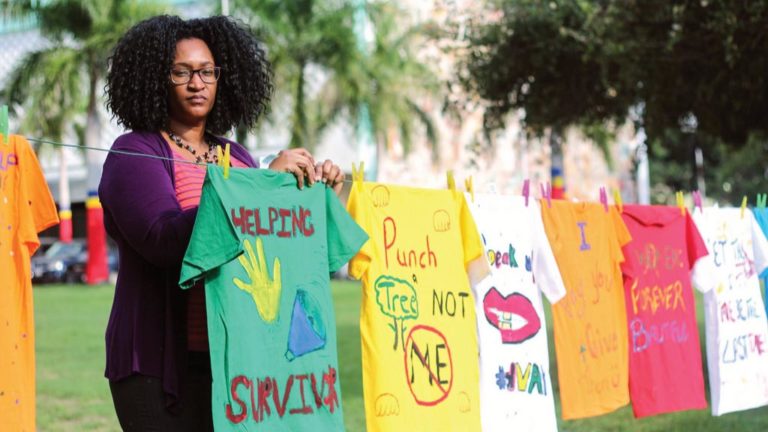
Gender inequalities affect all branches of all societies and must be taken into account for development to work. Photo: UN Women/Flickr.
Av: Fredrik Björksten
It was not very surprising when the video of Janusz Korwin-Mikke, a Polish member of the European Parliament, went viral in early 2017. On the floor of the EU parliament, the Polish right-wing extremist stood up and proclaimed that; “women must earn less than men because they are weaker, smaller and less intelligent!”. Responding to […]
Läs mer »
10 december, 2018, Editorial, English, Magazine
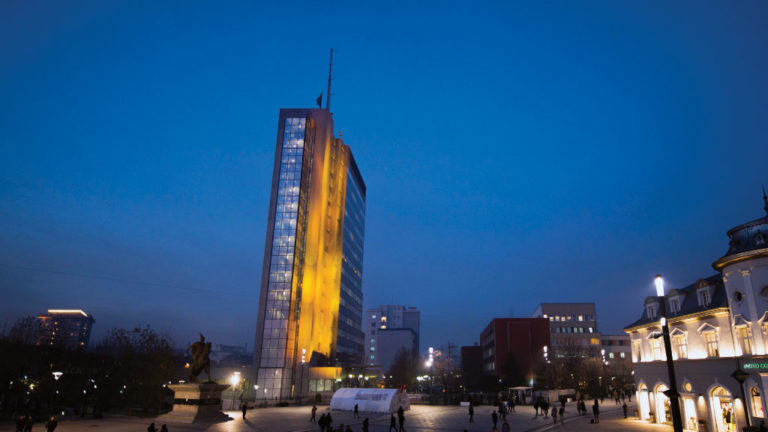
On November 30th, the government building in Pristina, Kosovo, was lit in orange to commemorate the “16 Days of Activism” against Gender Based Violence. Photo: United Nations Kosovo Team/Arben Llapashtica.
Av: Visare Gorani Gashi
– An outlook from Kosovo ”Freedom from fear is a summary of the whole philosophy and human rights.” Dag Hammarskjöld, Swedish diplomat and former UN Secretary General Gender-based violence is a shameful reality in many societies around the world and is unfortunately also present in Kosovo. This phenomenon is deeply rooted in gender inequalities that […]
Läs mer »
10 december, 2018, Chronicle, English, Magazine
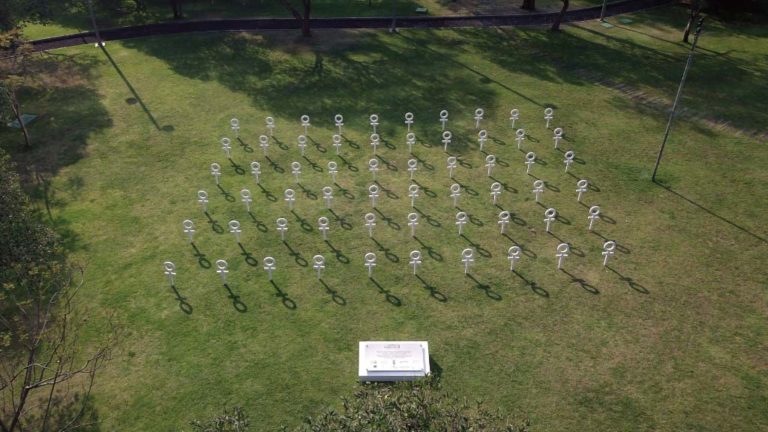
50 000 women were killed last year in the global war on women. Photo: JWT/UN Women.
Av: Fredrika Sweno
Women killed by intimate partners or family members account for 58 per cent of all female homicide victims reported globally last year. We need to recognize that a lot of homicides should be regarded as casualties in the war against women.
10 december, 2018, English, Magazine, Opinion
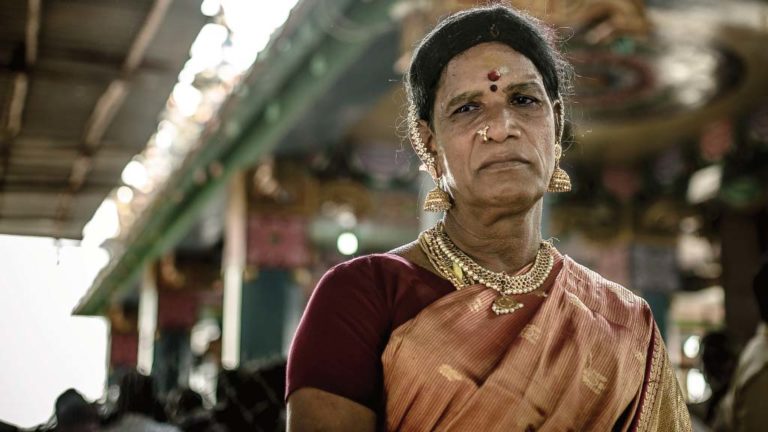
A hijra (term for individuals in South Asia who feel neither male or female) at the annual Transgender Festival in Koovagam, India, in 2017. Photo: Lingeswaran Marimuthukumar, Flickr.
Av: Hanna Geschewski och Lauren Tropeano
What happens if you don’t behave like your gender ‘should’? Examples from Native American, Indian and Iranian cultures highlight that gender is diverse, but that the acknowledgement of gender variance doesn’t necessarily make us inclusive.
10 december, 2018, Article, English, Magazine
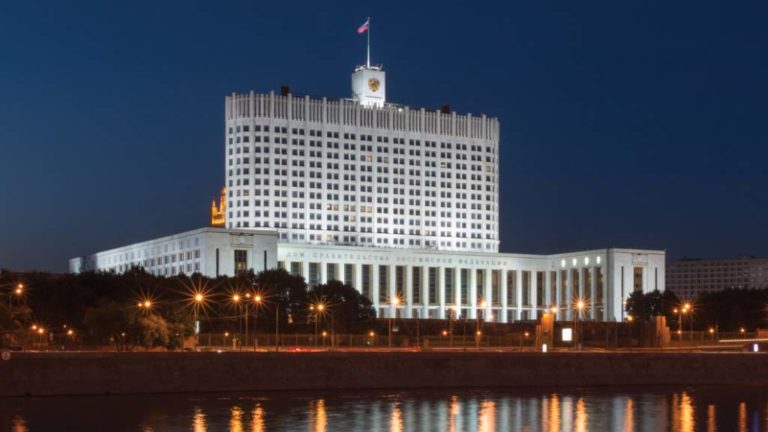
The White House in Moscow that serves as the seat of the Russian parliament. Photo: Kirill Vinokurov, Flickr.
Av: Lisa Elamson och Maria Ricksten
The Istanbul Convention is a legal framework that seeks to prevent and combat violence against women. In Russia, where it is estimated that 14,000 women die every year as a result of domestic violence, the signing and ratification of the Convention is an urgent matter. But instead, last year Russia chose to decriminalise some forms of domestic violence.
10 december, 2018, Article, English, Magazine
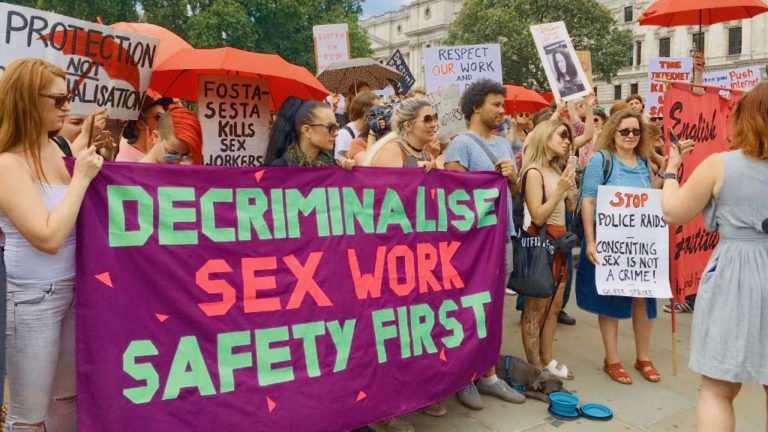
Demonstrations for the full decriminalization of sex work. Photo: WeArePlanC, 2018.
Av: Kathrin Hegger och Tessa Stockburger
Laws that prohibit the sex industry perpetuate gender-based violence. That is the opinion of Chantell Martin and Cameron Cox from the Sex Workers Outreach Project, SWOP, Australia.
10 december, 2018, Article, English, Magazine


